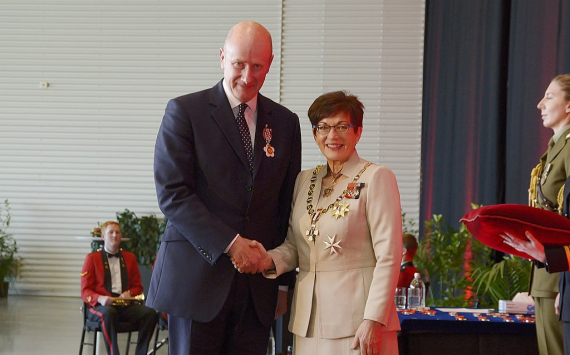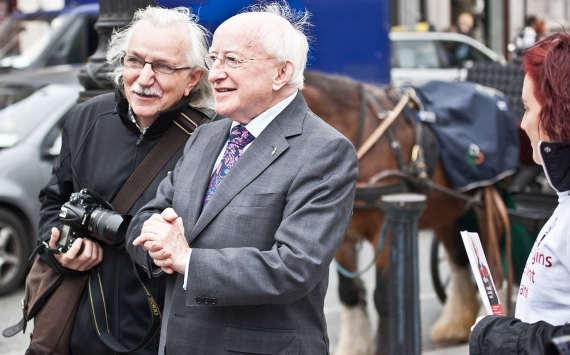
Resignation amid the party scandal
Christopher Geidt, who served as acting ethics adviser to British Prime Minister Boris Johnson, has announced his resignation. The news was published on Wednesday on the British government's website.
He took up the post of UK prime minister's ethics adviser last April and, among other things, investigated whether there was a conflict of interest when the head of government borrowed money from Conservative Party sponsors to renovate his office flat at 11 Downing Street. It later emerged that Johnson had given the councillor incorrect information, which was included in the report he prepared, prompting criticism of Geidt and one of the reasons for his resignation.
At the end of May, Geidt also admitted that the British Prime Minister may have breached the ministerial code of conduct when he attended parties at 10 Downing Street during the period of the coronavirus restrictions, for which he was subsequently fined. Johnson himself claims he acted in accordance with the code, a breach of which is a valid reason for members of the British Cabinet to resign.
Last week the Tory rank and file secured a vote of confidence in Johnson amid a sharp fall in the popularity of the prime minister and the ruling party over the 2020-2021 party scandal.
Dissatisfaction with the prime minister among fellow party members intensified in May following the announcement of the final results of an internal investigation by Sue Gray of the cabinet secretariat. After examining numerous testimonies concerning the parties, she concluded that "the senior leadership must be held accountable for this".
It is worth noting that in a vote on 6 June, members of the Tory parliamentary faction expressed support for the prime minister. 211 MPs were in favour of him remaining as head of the Conservative Party, while 148 (41% of caucus members) were against.
British commentators estimate that this result will seriously weaken Johnson's position and push Conservative MPs to force the prime minister out of office in the coming months. A vote of confidence in the prime minister is allowed no more than once a year, but the rule is subject to review by members of a specialist parliamentary committee.








































